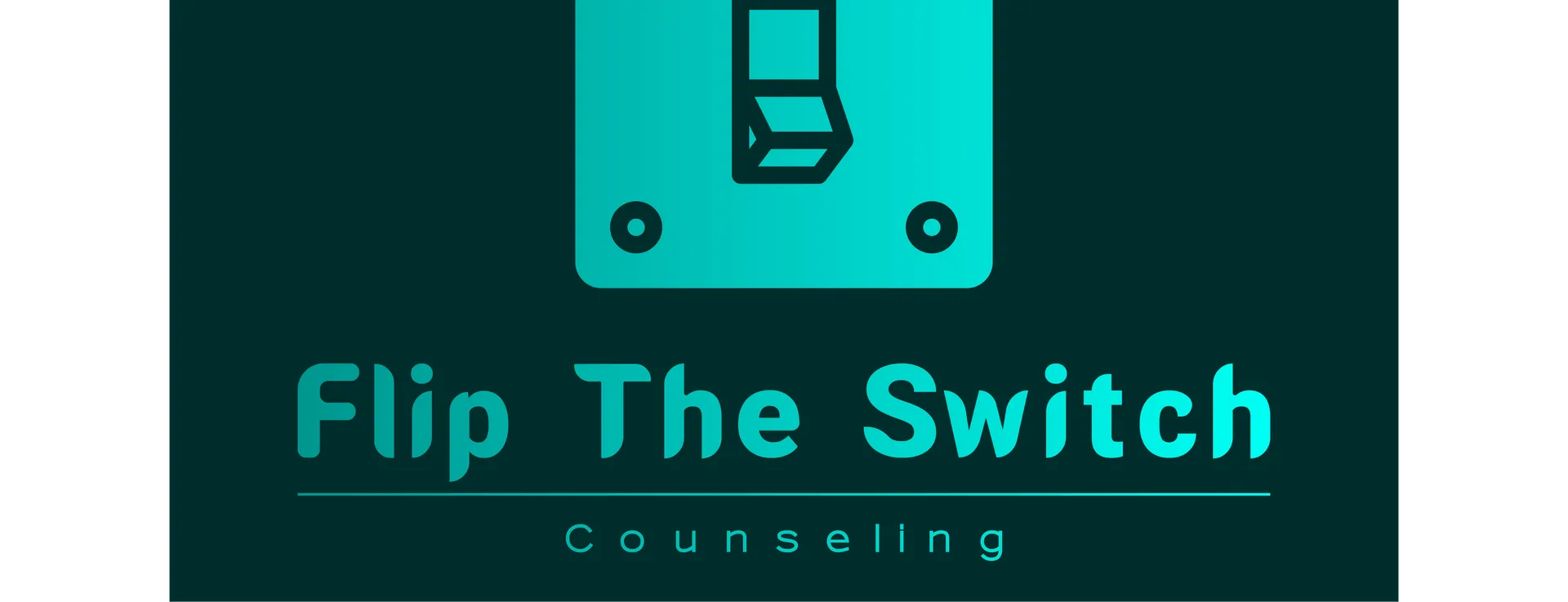Discipline: The Bridge Between Emotion and Action
“A deeper look into resilience, healing, and growth.”
Getting Up: A Deeper Look into Resilience, Healing, and Growth
“A deeper look into resilience, healing, and growth.”
I didn’t learn resilience from a TED Talk. I learned it locked in, surrounded by the worst versions of people—including the parts of myself I didn’t want to face. In that place, I chose a different kind of healing: Hard Work, Dedication, Discipline, and Preparation. I read until my eyes hurt—As a Man Thinketh, Rich Dad Poor Dad, Meditations—and I made a decision to show up, again and again, no matter how I felt. I put myself among “the ugliest of them,” studied human behavior, and used every day as practice: control what I can, own my choices, and get up.
That’s the heart of resilience. Not pretending things are easy—but learning to bend without breaking. The American Psychological Association defines resilience as the process and outcome of adapting successfully to adversity through mental, emotional, and behavioral flexibility. In plain terms: you train your responses the way you train a muscle.
What the science says about resilience and success
- Resilience correlates with performance and achievement. Recent studies link academic resilience with better grades and engagement—especially when support and structure are present. Translation: skills + support = results.
- Resilience can be trained. Randomized and controlled programs—ranging from brief classes to multi-week digital trainings—show measurable gains in well-being, lower stress, and higher resilience after training. That means resilience isn’t just “born,” it’s built.
- Resilience connects to post-traumatic growth. Research shows that after significant hardship, many people report positive psychological changes—deeper meaning, stronger relationships, clearer priorities—which in turn reinforce resilience over time.
- Practical habits matter. Evidence-informed guidance from clinical psychology emphasizes connection, wellness routines, realistic thinking, and meaning-making as pillars that strengthen resilience day by day.
None of this says life gets easy. It says you get stronger—and that strength pays off in school, work, family, and recovery.
My blueprint: H-D-D-P in real life
Hard Work. Show up on the days you don’t want to. Keep your word to yourself.
Dedication. Commit to growth longer than it’s comfortable.
Discipline. Put your values on the calendar. If it matters, schedule it.
Preparation. Don’t wait for crisis to build a plan—practice your plan before you need it.
In the darkest season of my life, HDDP gave me a daily path forward. Books helped me aim my mind. Structure helped me aim my actions. And people—some rough, some kind—helped me see who I didn’t want to be and who I could become.
How to practice resilience this week
- One non-negotiable, daily (10–20 minutes): walk, read, pray/meditate, or journal—pick one and don’t miss. (Tiny wins stack.)
- Name your next hard thing and break it into three steps. Do the first step today.
- Call your support (one person). Ask for a specific check-in time this week.
- Prepare a “stress script.” When your body spikes (anger/anxiety), say: “Pause. Breathe. What’s my next right action?”
- Track proof. Each night, write one line: What did I do today that future-me will thank me for? (This builds the identity of a resilient person—evidence you can’t ignore.)
For families & professionals
Resilience grows faster with support and structure. Teacher/coach/therapist backing predicts better outcomes when youth face obstacles; in clinical and frontline settings, brief resilience trainings reduce stress and improve functioning. If you guide others, build routines, feedback, and recovery time into the plan—you’ll get better results than motivation alone.
Closing the loop
I didn’t “find” resilience; I trained it—inside four walls—until the training followed me out. If you’re in a hard place right now, don’t wait to feel ready. Start where you are. Choose one practice. Keep it for a week. Then another. That’s how you flip the switch: not in one dramatic moment, but in a thousand small ones.
Need help building your plan?
Book a session with Flip the Switch Counseling. We’ll turn HDDP into your daily structure—and help you practice the skills that research says lead to real-world success.




